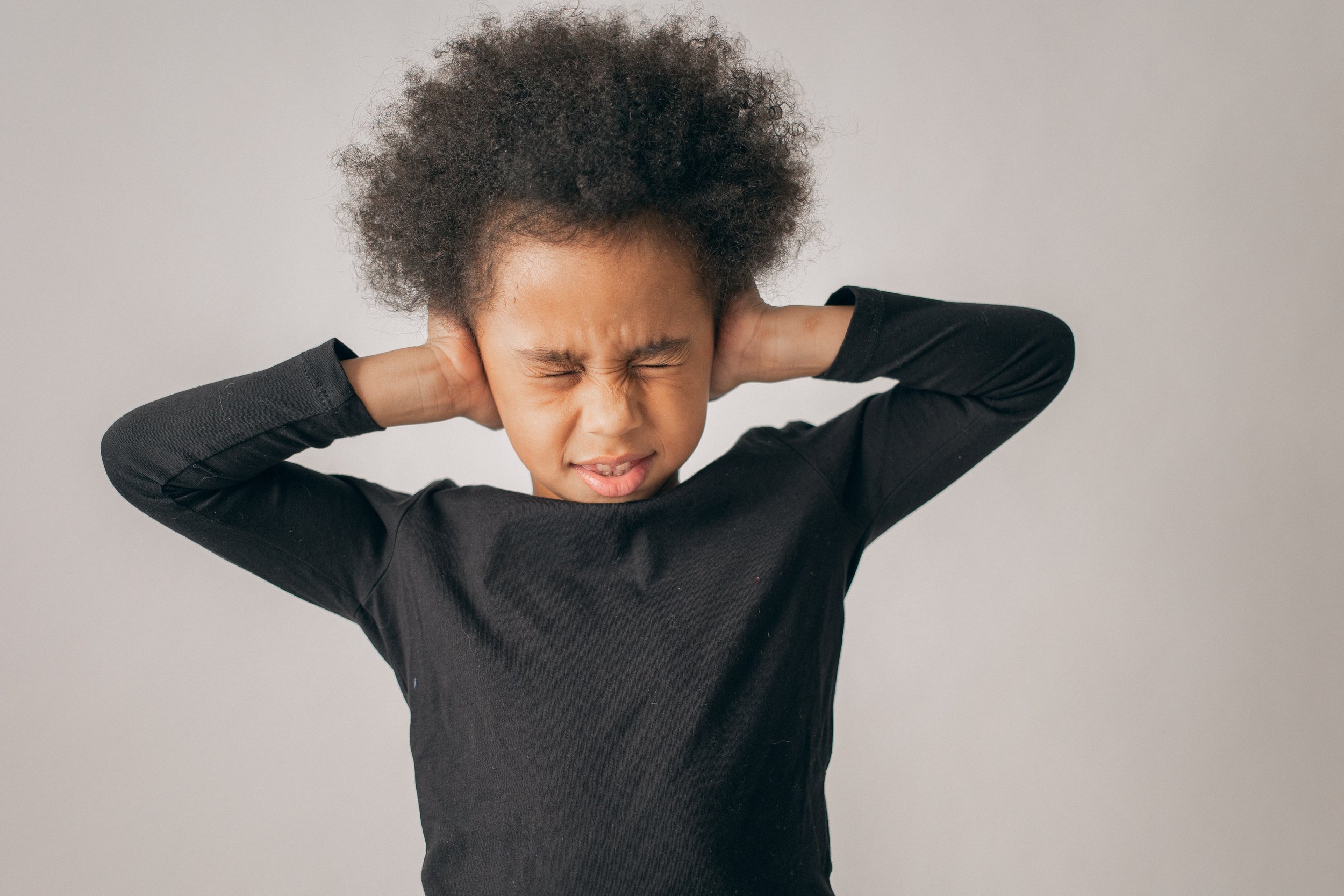ADHD vs Anxiety
In today's fast-paced and demanding world, it's not uncommon for individuals to experience mental health challenges. Two conditions that often cause confusion and can have overlapping symptoms are Attention-Deficit/Hyperactivity Disorder (ADHD) and anxiety. While both conditions can impact an individual's daily life, it's important to recognize their distinct features. In this article, we will delve into the key differences and similarities between ADHD and anxiety, shedding light on these often misunderstood conditions.
Understanding ADHD
Attention-Deficit/Hyperactivity Disorder, commonly known as ADHD, is a neurodevelopmental condition that affects both children and adults. People with ADHD often exhibit symptoms such as inattention, hyperactivity, and impulsivity. Individuals with ADHD may struggle with focusing on tasks, organizing activities, and maintaining attention for extended periods.
ADHD is a chronic condition that usually begins in childhood and can persist into adulthood. It is estimated that approximately 5-10% of children and 2-5% of adults worldwide have ADHD. While the exact causes of ADHD are not fully understood, genetics and environmental factors are believed to play significant roles.
Symptoms of ADHD can vary among individuals and may include:
Inattention: Difficulty sustaining focus, being easily distracted, and making careless mistakes.
Hyperactivity: Restlessness, fidgeting, and difficulty staying still or engaging in quiet activities.
Impulsivity: Acting without thinking, interrupting others, and difficulty waiting for one's turn.
Understanding Anxiety
Anxiety, on the other hand, is a general term that encompasses several different anxiety disorders, such as generalized anxiety disorder (GAD), social anxiety disorder (SAD), and panic disorder. Unlike ADHD, anxiety is characterized by excessive and persistent worry, fear, and apprehension that can significantly impact an individual's daily functioning.
Anxiety disorders are among the most common mental health conditions, affecting approximately 18% of the global population. The causes of anxiety disorders are multifaceted, involving a combination of genetic, environmental, and psychological factors.
Common symptoms of anxiety include:
Excessive worry: Feeling restless, on edge, or experiencing a sense of impending doom.
Physical symptoms: Rapid heartbeat, shortness of breath, trembling, sweating, and gastrointestinal distress.
Avoidance behavior: Avoiding certain situations or places due to intense fear or discomfort.
ADHD vs. Anxiety: The Key Differences
While ADHD and anxiety can coexist and share some symptoms, they are distinct conditions with different core features. Here are some key differences between the two:
Attention and focus: ADHD primarily affects attention and focus, while anxiety may cause difficulties due to excessive worrying, fear, and intrusive thoughts.
Hyperactivity vs. restlessness: Individuals with ADHD often display hyperactive and impulsive behavior, whereas restlessness is commonly associated with anxiety.
Onset and persistence: ADHD typically manifests in childhood and continues into adulthood, whereas anxiety disorders can develop at any age and may come and go depending on various factors.
ADHD vs. Anxiety: The Similarities
Despite their differences, ADHD and anxiety also share certain similarities, leading to possible misdiagnosis or confusion. These include:
Inattention and distractibility: Both ADHD and anxiety can result in difficulties with concentration and distractibility, although the underlying causes may differ.
Impaired daily functioning: Both conditions can impact an individual's daily life, making it challenging to perform well at work, school, or in social situations.
Coexistence: It's not uncommon for ADHD and anxiety to coexist, with individuals experiencing symptoms of both conditions simultaneously. This can complicate diagnosis and treatment planning.
Seeking Professional Help
If you or someone you know is experiencing symptoms related to ADHD or anxiety, it is crucial to seek professional help. Only a qualified healthcare provider, such as a psychologist or psychiatrist, can accurately diagnose and differentiate between the two conditions. They will conduct a thorough evaluation, which may include a comprehensive clinical interview, questionnaires, and observations, to provide an accurate diagnosis and develop an appropriate treatment plan.
Treatment Approaches
Treatment for ADHD and anxiety can vary based on individual needs and preferences. Here are some common interventions:
ADHD: Treatment often involves a combination of medication, behavioral therapy, and organizational strategies to improve attention, impulse control, and overall functioning.
Anxiety: Treatment options include cognitive-behavioral therapy (CBT), medication, relaxation techniques, and stress management strategies to help manage excessive worry and fear.
In some cases, individuals may require a combination of treatments to address both ADHD and anxiety symptoms effectively.
ADHD and anxiety are distinct conditions with overlapping symptoms that can cause confusion. Understanding the differences and similarities between the two is crucial for accurate diagnosis and appropriate treatment planning. If you suspect that you or someone you know may be experiencing symptoms related to ADHD or anxiety, it is essential to seek professional help for a comprehensive evaluation and tailored treatment approach. With the right support, individuals can learn to manage their symptoms and lead fulfilling lives.

